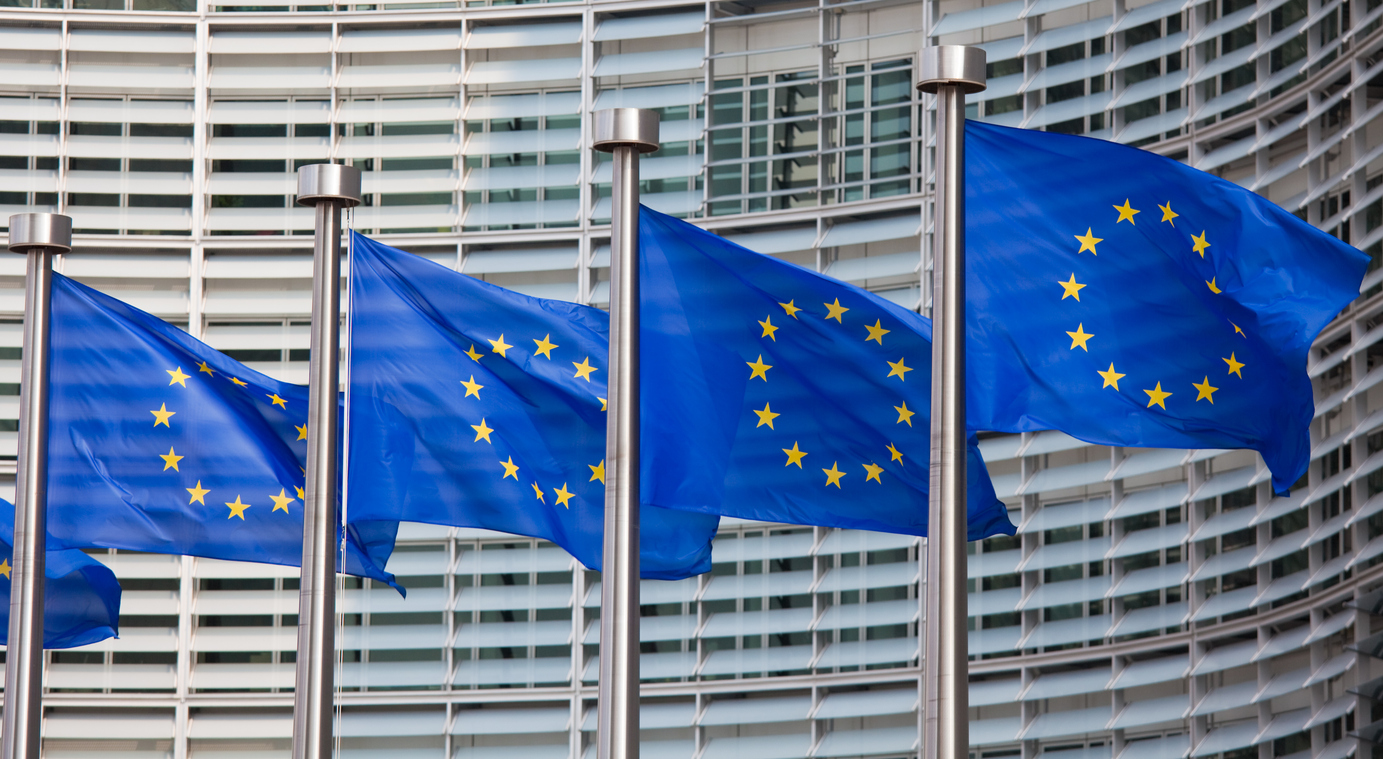EU watchdog formally reprimands Commission over Pfizer texts

The European Commission's failure to reveal text messages between president Ursula von der Leyen and Pfizer chief executive Albert Bourla on COVID-19 vaccine procurement has earned it a formal rebuke from the EU Ombudsman.
Emily O'Reilly today upheld her earlier preliminary verdict of "maladministration" by the Commission, saying the judgment is a "wake up call for all EU institutions about ensuring accountability in an era of instant messaging".
The messages were requested via a freedom of information request by journalist Alexander Fanta of netzpolitik.org, who was following up on an article in the New York Times last year, which suggested "personal diplomacy" had played a big part in the EU’s order for 1.8 billion doses of Pfizer and BioNTech’s vaccine.
The Commission said last month was unable to find the text messages, saying that "the search undertaken by the President's cabinet for relevant text messages corresponding to the request for access to documents has not yielded any results".
It had earlier said that it did not consider that text messages fell under its internal criteria for document recording – a position now rejected by the ombudsman. Instant messages should be recognised as EU documents under transparency rules, and recorded and made available for freedom of information requests.
https://twitter.com/EUombudsman/status/1547494562779873281
The Commission's handling of the matter has resulted in "the regrettable impression of an EU institution that is not forthcoming on matters of significant public interest".
The EU Ombudsman has no power to impose any penalty as a result of the finding or maladministration, but the finding will likely place greater pressure on the executive to take care to record work-related text and instant messages in future.
The EU has come under criticism by activist groups, including Transparency International Global Health, which slammed what it says was secrecy surrounding the procurement of COVID-19 vaccines.













